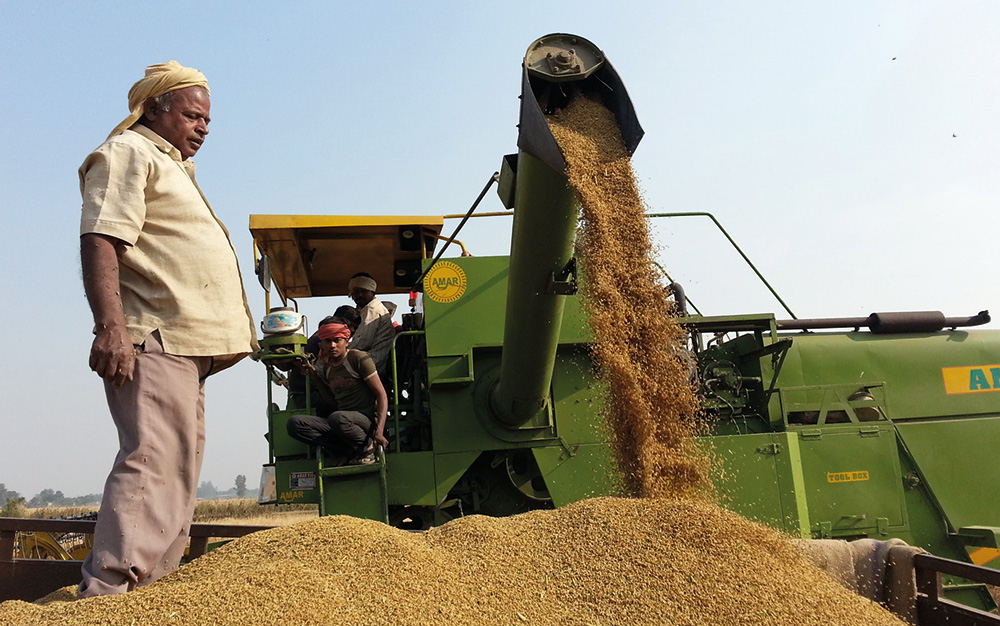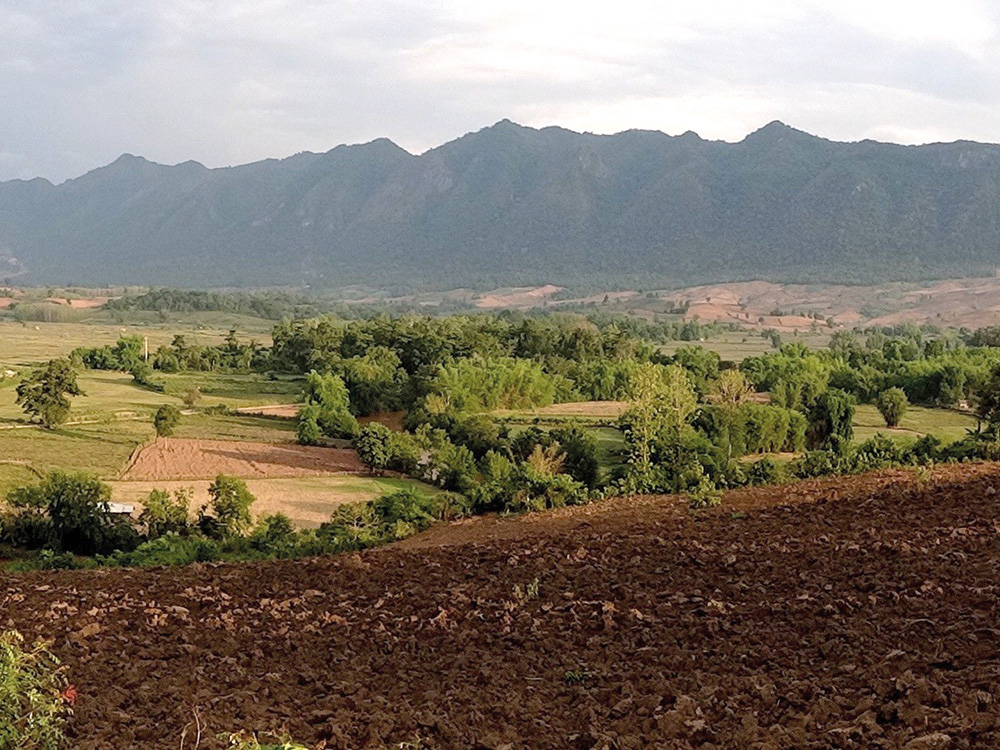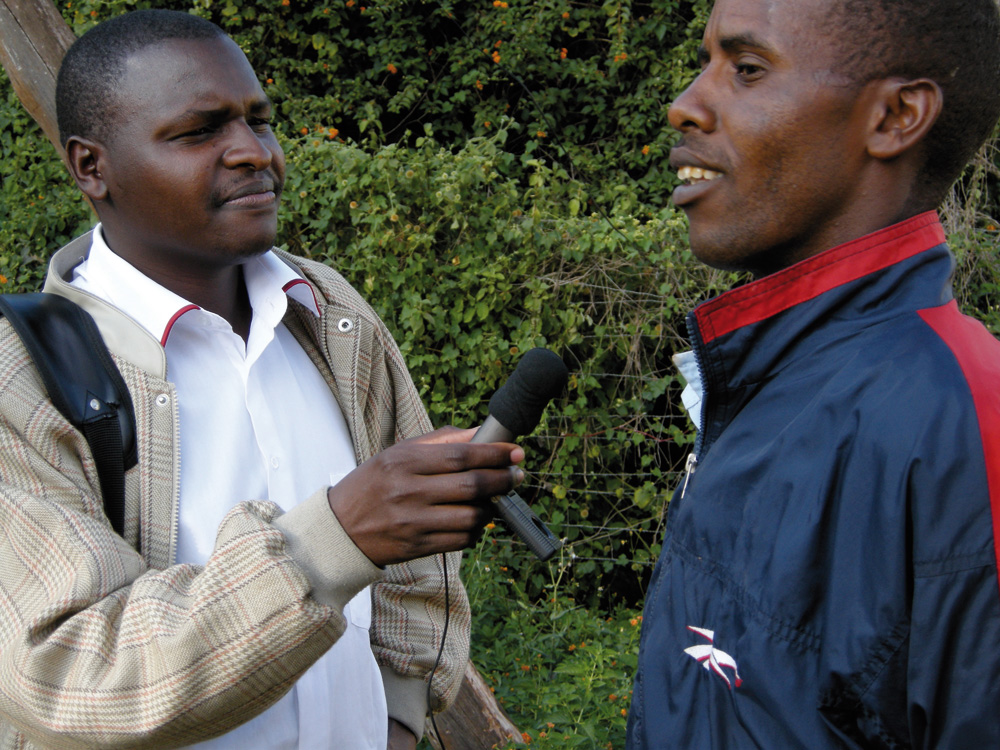Monitoring progress on agriculture and rural development
The Sustainable Development Goals (SDGs) will amount to little unless backed by reliable indicators. Only with good metrics can the agenda be implemented and progress measured. Just like the SDGs themselves, the indicators are still in the discussion phase, with the Sustainable Development Solutions Network (SDSN) one of the many players in this process. They outline their recommendations in the following article, using rural development as an example to describe them.










